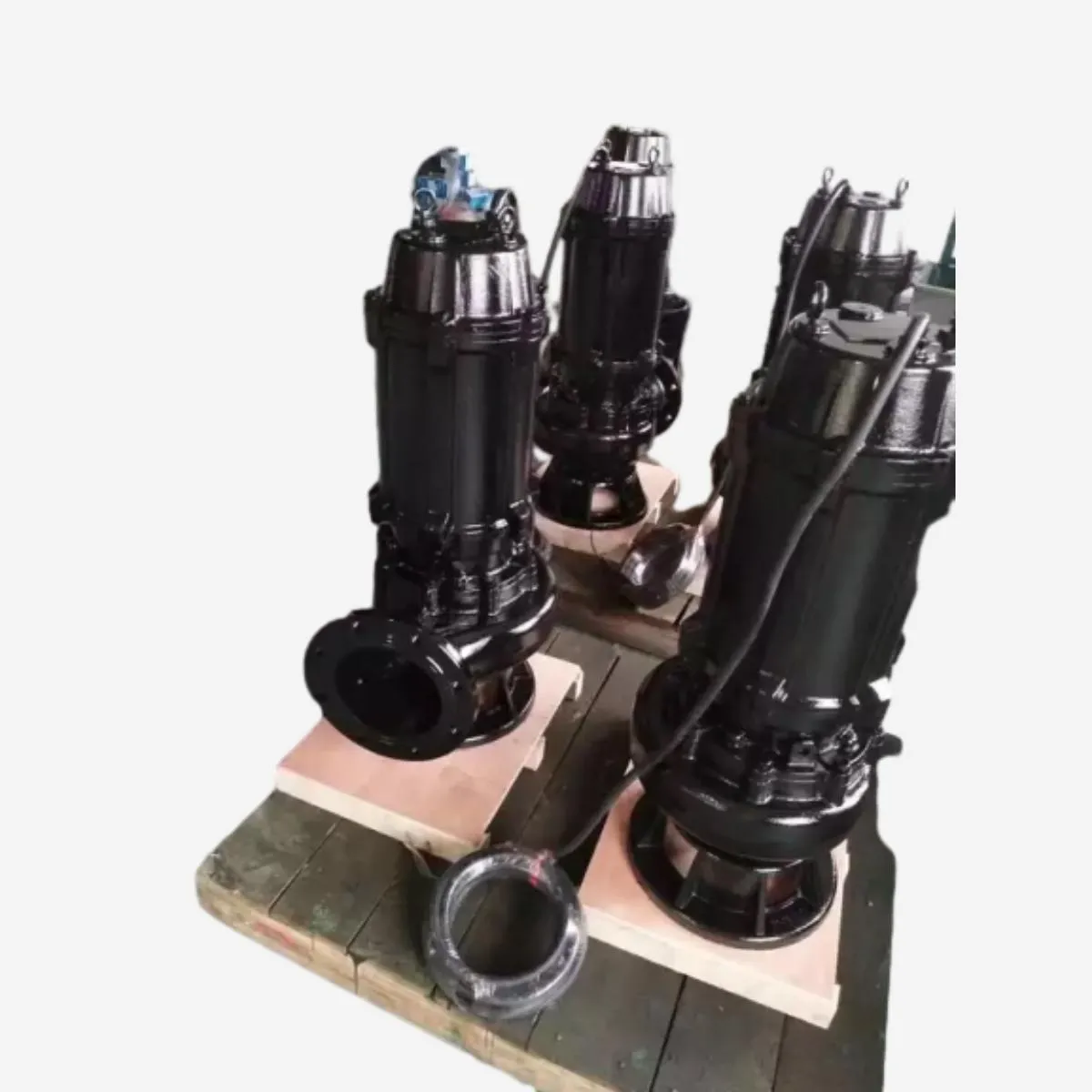kazakh
- Afrikaans
- Albanian
- Amharic
- Arabic
- Armenian
- Azerbaijani
- Basque
- Belarusian
- Bengali
- Bosnian
- Bulgarian
- Catalan
- Cebuano
- Corsican
- Croatian
- Czech
- Danish
- Dutch
- English
- Esperanto
- Estonian
- Finnish
- French
- Frisian
- Galician
- Georgian
- German
- Greek
- Gujarati
- Haitian Creole
- hausa
- hawaiian
- Hebrew
- Hindi
- Miao
- Hungarian
- Icelandic
- igbo
- Indonesian
- irish
- Italian
- Japanese
- Javanese
- Kannada
- kazakh
- Khmer
- Rwandese
- Korean
- Kurdish
- Kyrgyz
- Lao
- Latin
- Latvian
- Lithuanian
- Luxembourgish
- Macedonian
- Malgashi
- Malay
- Malayalam
- Maltese
- Maori
- Marathi
- Mongolian
- Myanmar
- Nepali
- Norwegian
- Norwegian
- Occitan
- Pashto
- Persian
- Polish
- Portuguese
- Punjabi
- Romanian
- Russian
- Samoan
- Scottish Gaelic
- Serbian
- Sesotho
- Shona
- Sindhi
- Sinhala
- Slovak
- Slovenian
- Somali
- Spanish
- Sundanese
- Swahili
- Swedish
- Tagalog
- Tajik
- Tamil
- Tatar
- Telugu
- Thai
- Turkish
- Turkmen
- Ukrainian
- Urdu
- Uighur
- Uzbek
- Vietnamese
- Welsh
- Bantu
- Yiddish
- Yoruba
- Zulu
Telephone: +86 13120555503
Email: frank@cypump.com
Жел . 03, 2024 18:45 Back to list
well service pump
Understanding Well Service Pumps An Essential Tool in Oil and Gas Operations
In the oil and gas industry, well service pumps play a crucial role in maintaining and enhancing the productivity of wells. These pumps are vital in various operations, including drilling, workover, and production enhancement. This article delves into the importance, types, and operational aspects of well service pumps, shedding light on their significance within the sector.
What are Well Service Pumps?
Well service pumps are powerful machinery designed to inject fluids into wells at high pressures. Their primary function is to facilitate operations such as stimulation, fracturing, and the removal of various blockages within the wellbore. Given the diverse applications, well service pumps come in various types suited for specific tasks, making them indispensable in the oil and gas sector.
Types of Well Service Pumps
1. Positive Displacement Pumps These pumps operate by trapping a fixed amount of fluid and forcing it into the discharge pipe. They are ideal for applications requiring high pressure and are commonly used in hydraulic fracturing operations.
2. Centrifugal Pumps More commonly used in production and processing, centrifugal pumps work by converting kinetic energy from a rotating impeller into potential energy to move fluids. They are efficient for high flow rates but less effective under high-pressure conditions compared to positive displacement pumps.
3. Triplex and Quintuplex Pumps These are specific designs of positive displacement pumps, with triplex pumps having three cylinders and quintuplex having five. Their design allows them to deliver high pressure and flow rates efficiently, making them suitable for well stimulation and high-volume applications.
Applications in Oil and Gas Operations
Well service pumps serve various essential functions in oil and gas operations
- Hydraulic Fracturing This process involves injecting fracturing fluid into the reservoir at high pressures to create fractures in the rock, thereby enhancing oil and gas flow. The well service pump supplies the significant pressure needed for effective fracturing.
well service pump

- Workover Operations When wells experience production decline or need maintenance, workover operations are performed. Well service pumps are used to facilitate the circulation of fluids during these operations, ensuring blockages are cleared and the well is maintained.
- Production Enhancement In some cases, wells require additional pressure to enhance production. Well service pumps can inject certain fluids to help improve flow rates and stabilize production.
Operational Considerations
Operating well service pumps requires a strong understanding of both their technical specifications and the operational environment.
1. Pressure and Flow Rate It’s crucial to select a pump that can handle the required pressure and flow rate for the intended operation. Understanding the well's characteristics is essential for maximizing efficiency.
2. Fluid Compatibility The type of fluid being pumped (whether it's water, chemicals, or hydrocarbons) must be compatible with the pump materials to prevent corrosion and damage.
3. Maintenance Regular maintenance of well service pumps is vital to ensure consistent performance and longevity. Operators should perform routine checks on seals, valves, and pressure gauges.
4. Safety Concerns Due to the environments in which well service pumps operate, stringent safety protocols must be followed. High-pressure situations can lead to hazards, so proper training and safety measures are essential.
Conclusion
Well service pumps are a backbone of the oil and gas industry, ensuring that wells operate efficiently and effectively. From hydraulic fracturing to routine maintenance operations, these pumps provide the necessary support to enhance production and mitigate issues within the wellbore. Understanding the different types of pumps, their applications, and operational requirements can significantly impact the success of oil and gas operations. As technology advances, the evolution of well service pumps continues, promising increased efficiency and sustainability in the industry. Investing in quality equipment and expertise in operation and maintenance remains crucial for maximizing output and ensuring environmental safety.
-
High-Performance Air Pumps for Sand & Gravel | Efficient Transport
NewsAug.03,2025
-
ISG Series Vertical Pipeline Pump - Chi Yuan Pumps Co., LTD.|Energy Efficiency, Corrosion Resistance
NewsAug.03,2025
-
ISG Series Pipeline Pump - Chi Yuan Pumps | Energy Efficiency&Compact Design
NewsAug.03,2025
-
ISG Series Vertical Pipeline Pump - Chi Yuan Pumps Co., LTD.|High Efficiency, Low Noise, Durable
NewsAug.02,2025
-
ISG Series Vertical Pipeline Pump - Chi Yuan Pumps | High Efficiency, Low Noise
NewsAug.02,2025
-
ISG Series Vertical Pipeline Pump- Chi Yuan Pumps Co., LTD.|High Efficiency&Compact Design
NewsAug.02,2025










